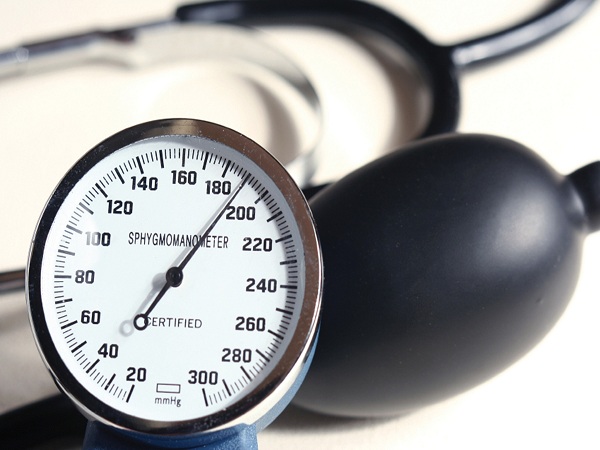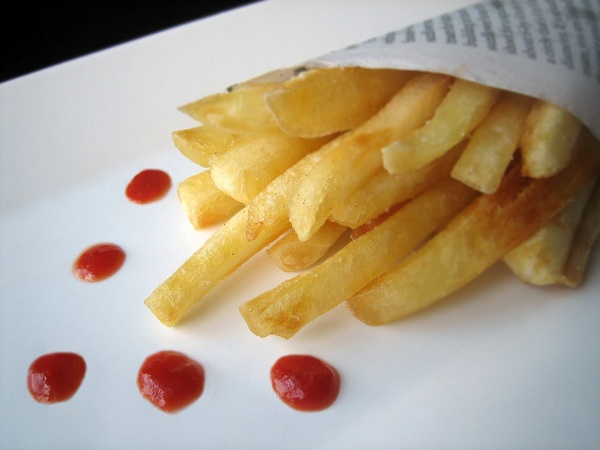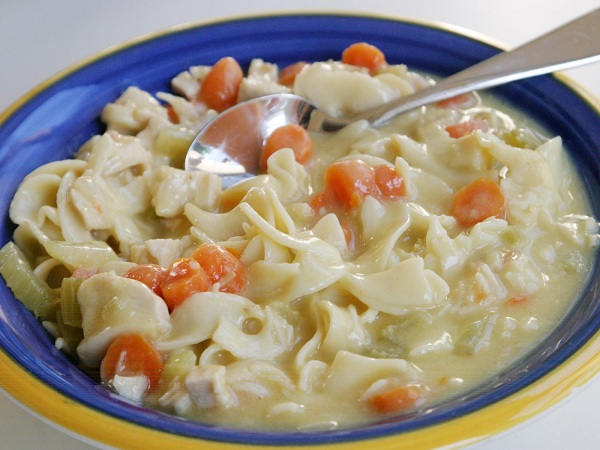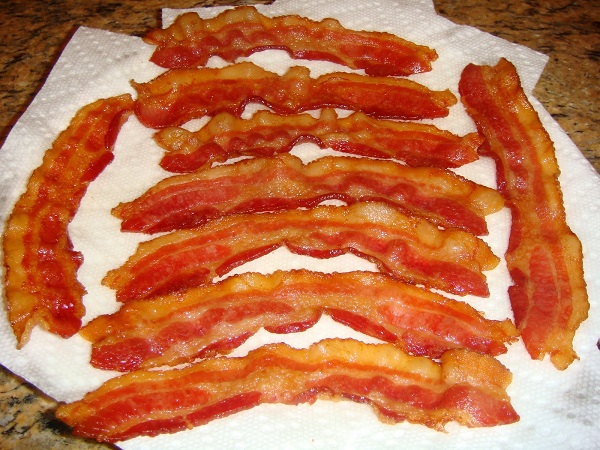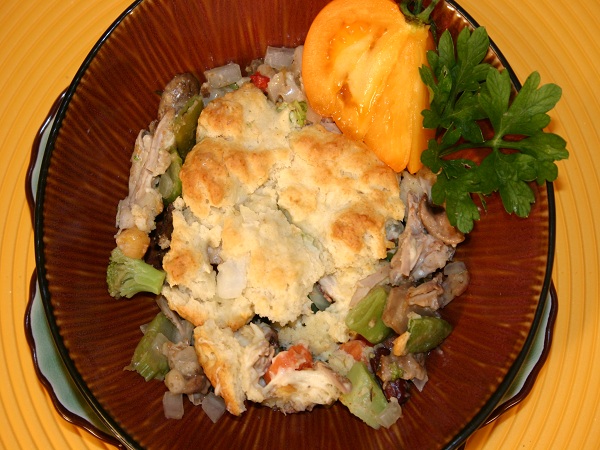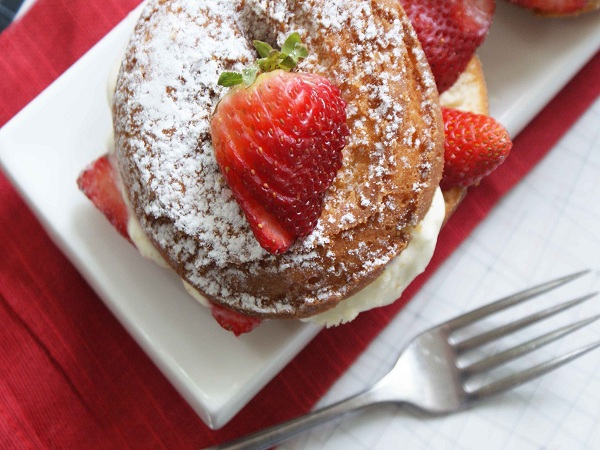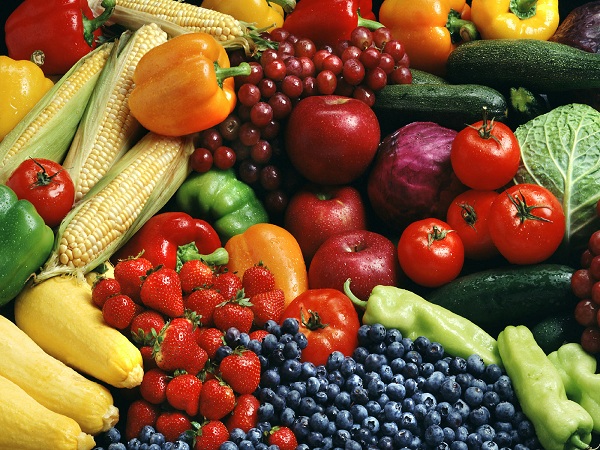If you have been diagnosed with high blood pressure or hypertension, you must change your lifestyle and meal plan to lower your blood pressure and reduce the risk of heart disease. The research has shown that Western-style dietary habits are the number one reason for essential high blood pressure. On the contrary, people living in rural areas of China, Brazil and Africa show no sign of essential hypertension, even with advanced age, because they avoid eating fast food, instead they eat originally grown vegetables, fruits and other fresh products.
The foods you use at your everyday meal plan have an important part in preventing high blood pressure. Fast food and salty foods are one of the known culprits of cardiovascular diseases and high blood pressure, as well as stomach cancer, bladder and esophagus. Read on to get acquainted with top food offenders that contain high amounts of fat, sodium, carbohydrate and calories that may increase your risk of high blood pressure, heart disease and weight gain.
French Fries
French fries… Who doesn’t love this tasty food? Yes, French fries may be really tasty, but doctors have long warned against consuming them too often because of their hefty doses of saturated fat, sodium and calories. And although many fast-food restaurants offer trans-fat-free fries, that surely does not make them healthy. A medium serving of fries has nearly 19 grams of fat and 270 mg of sodium.
Canned Chicken Noodle Soup
It’s true that chicken noodle soup usually serves as a tasty option for dinner containing vitamins and minerals, but if you suffer from hypertension or heart problems, make sure to avoid it. A one-cup serving of canned chicken noodle soup has 62 calories, 2.3 g fat and 866 mg of sodium the latter making it a poor choice for anyone who needs to limit salt intake. Consider making the soup at home so that you can carefully control the amount of fat and sodium.
Bacon
Many consider bacon a healthy food, but if you are at increased risk for certain health conditions, such as high blood pressure, make sure to avoid it. Bacon is high in saturated fat and sodium and just one slice of it contains 150 mg of sodium. A good alternative for pork is fish, which, though loaded with protein, is good for the heart because of its low fat quality. However, if you like eating bacon on a regular basis, replace pork and beef varieties with turkey bacon, which is lower in fat, sodium and overall calories.
Frozen Pot Pies
Frozen pies, pizzas, waffles and even breaded fish stick are, of course, yummy, but when it comes to the question if they are healthy, or not, the answer is no, as they contain sodium (a single pot pie equals a serving of about 1400 mg of sodium), white flour crust, calories and carbohydrates. Frozen pot pies also include trans-fat and an unhealthy dose of saturated fat. So, if you’ve got blood pressure problems, hurry up to clear out your freezer!
Alcohol
Several studies have shown that drinking excessive amounts of alcohol can cause to the rise of blood pressure to unhealthy levels. The calories existed in alcohol may also contribute to unwanted weight gain, another risk factor for high blood pressure.
Doughnuts
Americans view doughnut as a breakfast food, but many researches think that skipping breakfast is better than eating a doughnut. An average strawberry frosted doughnut contains about 200 to 300 calories, mostly from sugar, 33 grams of carbohydrates, 12 grams of fat and 20 grams of protein.
Soda
Another thing you should certainly eliminate from your diet is soda, loaded with artificial food colors and sulphites. Just one can of soda contains some 10 teaspoons of sugar, 150 calories and 30-55 mg of caffeine. Studies have also linked soda to osteoporosis, tooth decay and heart disease, plus drinking all that sugar will likely to suppress your appetite for healthy foods.
So, to control or lower high blood pressure without medication, be sure to make these lifestyle changes:
- Lose extra pounds and watch your waistline.
- Indulge yourself in regular physical activity.
- Eat a healthy diet rich in fruits, vegetables, low-fat dairy products and whole grains.
- Reduce Sodium in your diet: a lower sodium level – 1,500 mg a day or less is appropriate for people 51 years old or older.
- Limit the amount of alcohol. If you are a heavy drinker, do not suddenly eliminate all alcohol, as it can actually trigger severe high blood pressure for a couple of days. Consult with the doctor.
- Avoid tobacco products and secondhand smoke, as they contain nicotine sure to raise your blood pressure.
- Reduce your stress and anxiety and take breaks for deep-breathing exercise.
- Make sure to monitor your blood pressure (if you have high blood pressure) at home and make regular visits to your doctor.
